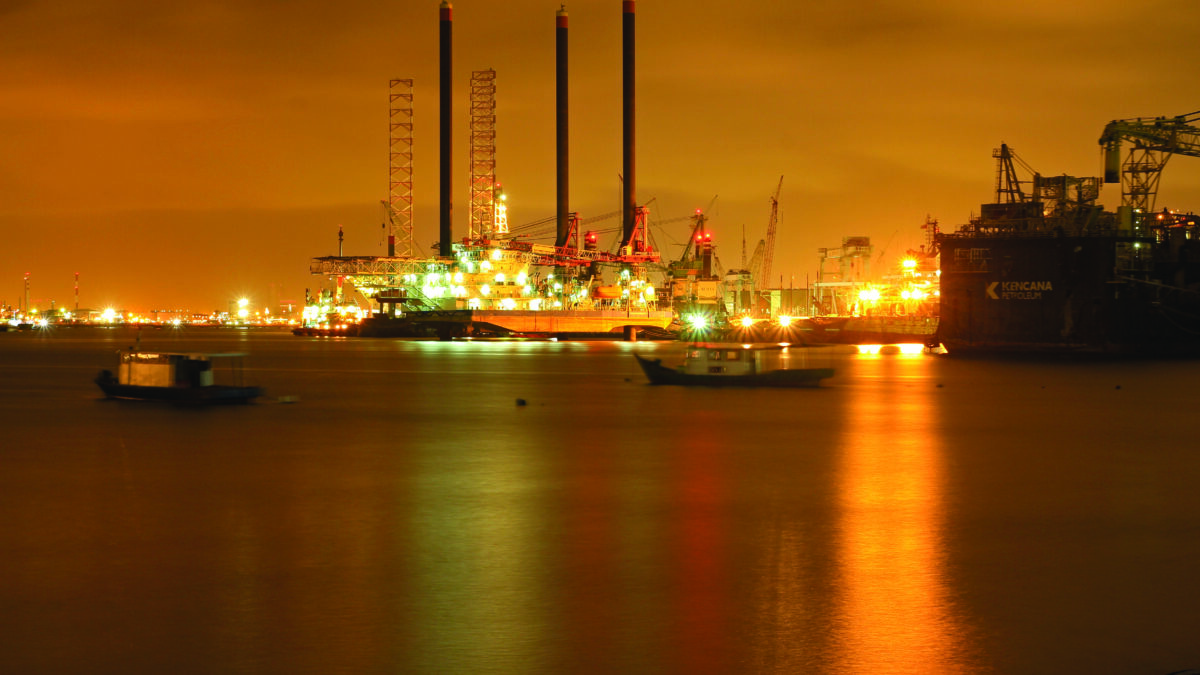Across the globe we are seeing energy policy at the top of public and political agendas. Much of the world is trying to answer the question: how do we successfully tackle the energy trilemma of affordability, security and delivering on our climate goals, while also creating high-value jobs in communities up and down the country?
The Offshore Energies UK Economic Report 2023 sets out the framework for the UK offshore energy sector to answer this. It shows that the UK must think globally and act on unlocking energy investment – and we must act fast.
High levels of investment are vital to securing our energy future, and our report estimates that the sector could invest £200bn in the remainder of this decade to effectively manage oil and gas production and decommissioning, expand offshore wind capacity, establish large-scale, low-carbon hydrogen production, and develop carbon transport and storage.
Currently half of this spend – £100bn – is needed in projects which have not been finalised, meaning there is a risk that they will not go ahead, jeopardising the UK’s energy security, jobs and impacting our ability to reduce energy-related emissions. To secure this investment, industry needs a predictable and reliable fiscal environment, efficient regulatory consenting and project approval processes, and business models. We need support for industry – and the people who work in it.
We know that when looking at our future energy supply there is no simple choice between oil and gas or renewables. The reality is that to grow the economy and create highly skilled jobs, we will continue to need both for decades to come, whilst ensuring we continue to reduce the environmental impact of oil and gas use.
Last year, more than three quarters of the UK’s energy came from oil and gas (39 per cent gas and 36 per cent oil), and the Climate Change Committee has estimated that by 2050 oil and gas will still meet just over a fifth (22 per cent) of UK energy needs. While this is the case, we need to make sure that wherever possible this supply is coming from the North Sea, where we can produce our own home-grown energy and reduce our need for imports, which we cannot guarantee are meeting the same high environmental and safety standards that are enforced in the UK.
But we know that this ongoing oil and gas production must be done at the same time as we invest in new, cleaner resources. We are seeing this across companies as they diversify into renewables and low-carbon solutions. Currently, our members are helping to develop 13GW of offshore wind capacity by 2030, with these projects requiring almost £30bn of investment. That’s 60 per cent more than the cost of building the Elizabeth Line.
Our people work tirelessly to produce the energy that powers not just our homes, transport and industry, but the everyday products we need in our daily lives. The offshore energy sector also makes a huge economic contribution to the UK, generating almost £30bn in GVA last year and is expected to pay almost £40bn in income tax between 2023 and 2028.
The industry is also a major driver of economic growth in Scotland, where the sector supports around 93,000 jobs and £18.8bn in GVA. Currently, 95 per cent of the UK’s oil and gas production comes from Scotland, and we know that the skills which were honed in the North Sea over the past 50 years are going to be vital for net zero and provide a huge opportunity for Scotland to lead the way in the energy transition.
Scotland, and the wider UK, mustn’t just become good places for energy investment, they must become irresistible. Our economic report sets out how we can do this. The full report is available to view on the OEUK website.



